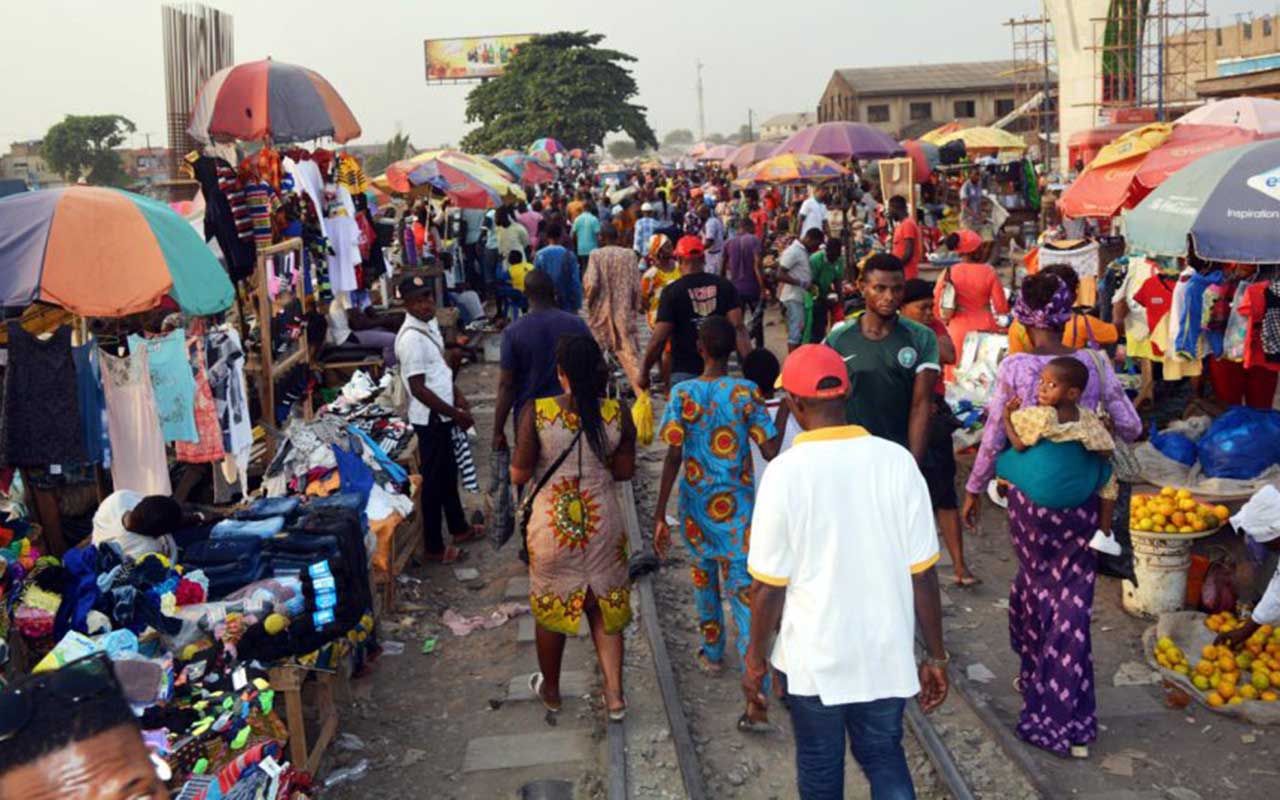
A few weeks ago, Nigeria’s national grid collapsed. It wasn’t the first time that the entire country would be thrust in darkness. In fact, when President Bola Tinubu played host to the German Chancellor, Olaf Scholz, in Abuja recently, the President lamented that the country was crawling, especially with its energy crisis.
According to the World Bank, these blackouts cost businesses approximately $29 billion yearly. There is little or no accountability when it comes to the reasons behind these blackouts.
In fact, most Nigerians have simply adapted to these blackouts as a fact of life. For a country with a population of over 200 million people and an enviable demographics in terms of the number of young people, this is a tragedy of epic proportions.
Someone once said ‘Nigeria is a gas country sitting on oil.’ Nigeria has a large reserve of gas, one of the largest in the world. As the world gradually shift towards utilising cleaner sources of energy, Nigeria, like several oil producing parts of the world holds fast to oil as though it was a religion.
Hydrogen is one of the words you’ll probably hear a lot about over the next few years as the world turns to alternative sources of energy. There are different types of hydrogen. There’s the blue hydrogen, green hydrogen and grey hydrogen. Blue Hydrogen is made using natural gas (such as the one Nigeria has in abundance).
The process simply requires splitting the natural gas (methane / CH4) into hydrogen and carbon dioxide. Green hydrogen is produced by splitting water into hydrogen and oxygen using renewable sources. Grey hydrogen is also produced by splitting natural gas (methane) with no attempt to capture carbon dioxide. Nigeria has the potential to be a major player in the hydrogen industry.
The country has natural gas in abundance and this resource can be used to power the economy. Hold on a second, while I explain my point in all this. Germany came knocking in 2021 to explore opportunities for partnership in hydrogen production with Nigeria. Germany is a highly industrialised country and the country has been shopping around the world to ensure a constant supply of energy for its industries.
Here is where it gets interesting. The thing is, the constant blackout in Nigeria occurs due to grid overload issues and of course aging infrastructure. Some heavy industries that consume a lot of energy are connected to the national grid. The steel industry and cement industry to be precise. Nigeria’s suffering in terms of energy supply is pointless. It’s almost like starving in the midst of lots of resources. I served in the North. The amount of energy that can be generated from building a large solar project in some parts of the North can help improve the energy supply.
Diversifying the energy mix, and perhaps getting these heavy industries on a different source of energy may help improve the energy supply in the country. So, back to Germany. I have nothing against a country that has built its industries to compete with the best in the world.
However, I think Nigeria should step back and try to re-evaluate this relationship for two reasons. Firstly, Nigeria also needs a reliable and constant energy supply for its industries. How long can a country continue to impoverish its citizens by importing even the most basic daily needs? When industries grow, jobs are created and the standard of living improves. Germany needs a constant source of energy supply to fuel its industries.
Nigeria can take a lesson from this and focus on growing the industries within the country instead of forming alliances and partnerships that could end up becoming more of a problem than a solution. Secondly, having a country with a large appetite for full-scale conflicts involved in your affairs (because you are a source of some resource the country depends on) is something that needs to be considered from all angles.
Germany was involved in two world wars and it is an open secret that the country still grapples with white supremacy and racism till date. Energy resources and politics are intricately linked in a world where energy supply fuels economic growth. Approaching this relationship cautiously might be best for a country like Nigeria with tribal conflicts and other serious internal issues. We already have countries, other foreign countries actively interested in Nigeria’s internal affairs.
Bringing a country like Germany into the mix is rather something that requires thoughtful evaluation. Finally, if I sell typewriters and the world is moving on to computers, wouldn’t it make business sense to explore adding computers to the list of stuff I sell? The tides are shifting. No one is saying oil would be completely phased out. (Some parts of the world still use coal). Nigeria should explore the opportunities in renewable energy, including green hydrogen.
The country is blessed with abundance of resources. Nigeria enjoys all year round sunlight. Tapping into this resource to grow the economy would perhaps reduce the burden on the national grid. Nigerians are not lazy. Fix the electricity issue and observe the exciting changes this would bring. Simple problems do not require complex solutions.
Look inward and build the Nigerian economy so that Nigeria will stop importing basic everyday goods that can easily be produced within the country. This will create jobs and hopefully improve the standard of living. Leverage on the emerging renewable energy industry to build the economy. Build new and reliable infrastructure that would support industries.
Nigeria’s renewable energy roadmap is a step in the right direction. However, what Nigeria requires is a vibrant strategy, specifically tailored with an understanding of the peculiarities of the Nigerian landscape that focuses on the need of the Nigerian people and not the pocket of an elite minority.
Odunayo-Akinlaja is a sustainability analyst and writer.






